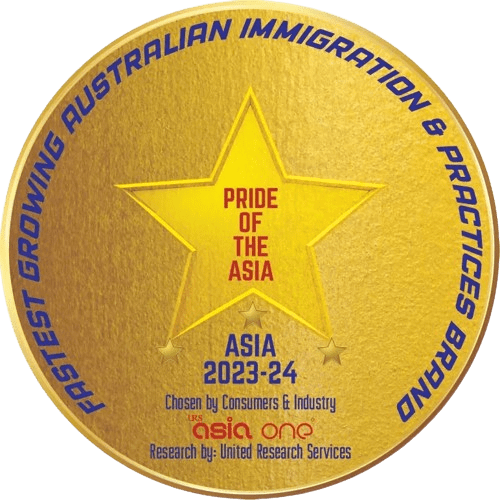Over the next four years, the government has committed $18.3 million to advance migration system reforms. The budget allocation includes:
- $15.0 million over three years to educate migrant workers about their rights, workplace protections, and compliance with migration regulations.
- $1.9 million for 2024–25 to support a pilot program facilitating data sharing between the Department of Home Affairs and the Australian Taxation Office, aimed at preventing the exploitation of migrant workers.
Additionally, the budget reflects a significant investment in personnel to improve service delivery efficiency and reduce processing delays. Services Australia will address previous underfunding and minimise backlogs, while the Department of Home Affairs will enhance visa processing efficiency.
For the 2024–25 period, the government has set a total of 185,000 places for the permanent Migration Program, with 132,200 places allocated to the Skilled stream. Starting from 2025–26, the government plans to extend the planning period for the permanent Migration Program from one year to four years.
Changes to Visa Allocations
- Employer Sponsored Visas: Increased from 36,825 to 44,000.
- Skilled Independent Visas: Decreased from 30,375 to 16,900.
- Regional Visas: Increased from 32,300 to 33,000.
- Business Innovation and Investment Visas: Reduced from 1,900 to 1,000.
The family-sponsored visa program remains unchanged, with 52,500 places allocated.
The government will invest $120.9 million over five years to enhance settlement services and improve economic and social integration for refugees and migrants. This includes:
- $86.6 million for the Humanitarian Settlement Program.
- $27.0 million for Youth Transition Support services and specialised assistance for refugee and migrant women.
- $3.8 million for conversational English classes in Community Hubs.
- $1.9 million for extended Medicare access for Ukrainian visa holders.
- $1.0 million for the Community Refugee Integration and Settlement Pilot.
These comprehensive reforms and budget allocations underscore the Australian government’s commitment to enhancing its migration system, supporting economic growth, and improving the well-being of migrants and refugees.
















